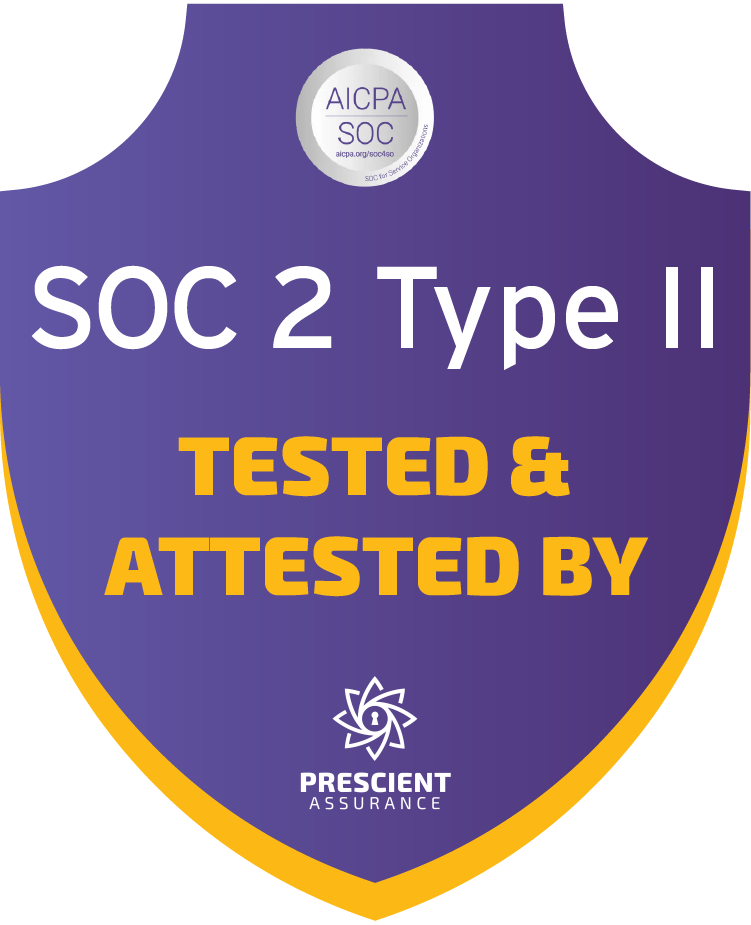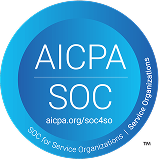Machine Ethics
Machine ethics is the study and design of artificial intelligence systems that can make decisions aligned with human moral values. Unlike regular AI safety, which focuses on preventing harm or errors, machine ethics aims to build machines that understand and apply ethical principles when interacting with humans or other systems.
Key Features of Machine-Ethics
- Moral Decision-Making:
Machines are designed to evaluate the ethical consequences of their actions, especially in situations involving human safety, rights, or well-being. - Rule-Based Ethics Integration:
Systems can be programmed with ethical frameworks (e.g., utilitarianism, deontology) to guide their behavior. - Conflict Resolution:
When multiple ethical principles conflict, machine ethics provides a way to prioritize or balance outcomes. - Transparency and Explainability:
Ethical machines should be able to explain the reasoning behind their decisions to build trust and accountability. - Human Alignment:
Ensures machine behavior aligns with human values, laws, and social norms. - Autonomy with Responsibility:
Applies especially to self-driving cars, military drones, or healthcare robots that must act without real-time human input. - Continuous Learning and Adaptation:
Advanced systems can update or improve their ethical responses based on new data or feedback.
Applications of Machine-Ethics
- Autonomous Vehicles:
Making real-time ethical decisions during accidents or emergencies (e.g., who to prioritize in a crash). - Healthcare Robots & AI Assistants:
Ensuring patient safety, privacy, and ethical care decisions in diagnosis, treatment, or elderly care. - Military & Defense Systems:
Guiding autonomous drones or robots to comply with rules of engagement and avoid harm to civilians. - AI Customer Support & Chatbots:
Handling sensitive topics (e.g., mental health, discrimination) with empathy, fairness, and respect. - Hiring & HR Algorithms:
Avoiding bias in recruitment, promotions, and performance evaluations. - Financial AI Systems:
Ensuring ethical decisions in credit scoring, loan approvals, and fraud detection without discrimination. - Surveillance & Policing Tools:
Balancing safety with privacy and civil liberties in facial recognition or predictive policing. - Content Moderation & Recommendation Engines:
Preventing harm by ethically filtering misinformation, hate speech, or harmful content on social platforms. - Smart Home Devices:
Respecting user privacy and autonomy while responding to commands or emergencies. - AI in Education:
Fairly assessing students, offering personalized learning, and protecting data.


Empowering humanity's AI ambitions with instant GPU cloud access.
U.S. Headquarters
GMI Cloud
278 Castro St, Mountain View, CA 94041
Taiwan Office
GMI Computing International Ltd., Taiwan Branch
6F, No. 618, Ruiguang Rd., Neihu District, Taipei City 114726, Taiwan
Singapore Office
GMI Computing International Pte. Ltd.
1 Raffles Place, #21-01, One Raffles Place, Singapore 048616
訂閱 GMI Cloud 電子報
Subscribe to our newsletter
Submitted!
Oops! Something went wrong while submitting the form.

SOC 2 Type 1

ISO27001:2022

SOC 2 Type 1

